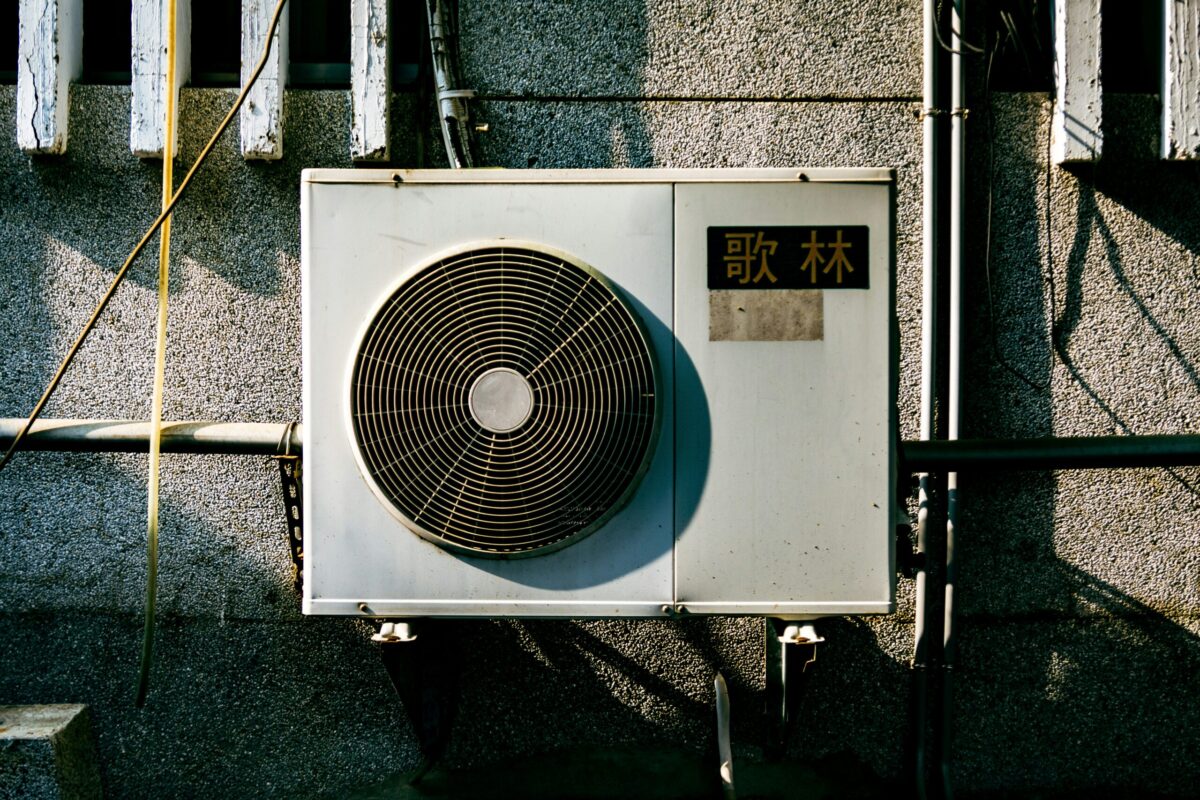It reported net sales of JPY 114.5 billion, down 5.6% year on year, according to an online statement by its parent, oil and gas group, Showa Shell Sekiyu.
By volume, its sales of PV modules fell year on year in markets outside of Japan. However, it said that its sales of modules in the Japanese market rose from the preceding year, largely due to a number of new business initiatives it is pursuing in its home market.
The company — which also recorded a JPY 6,174 million fixed-asset impairment loss as an extraordinary loss for the three months to the end of December — has embarked upon a number of strategic changes over the past year.
As part of this shift, in early January it formally transferred part of its business to RS Renewables, a company that it has set up through an incorporation-type company split. The new company is now responsible for selling PV modules and developing solar projects in markets outside of Japan.
However, Solar Frontier has also adjusted its approach to manufacturing. In November, it revealed plans to consolidate production at its flagship 900 MW Kunitomi facility in Japan’s Miyazaki prefecture, as part of this shift.
“For solar module production, we have been pushing forward in carrying out drastic structural reform of our production systems in order to further reduce production costs,” the company said. “As a result of these initiatives, our solar business is gaining ground with respect to its operating results, in that its operating loss for the fiscal year under review decreased in comparison with that of the previous fiscal year.”
The company — which specializes in the production of copper, indium and selenium (CIS) solar panels — said that it now believes that new opportunities in the Japanese market, where the self-consumption of electricity is becoming increasingly important in the residential solar segment, offer “higher added value” than those in more competitive overseas markets.
“There will be relatively consistent demand particularly with respect to residential applications in the Japanese market,” it explained, pointing to the government’s promotion of zero energy home (ZEH) solutions in particular.
Last July, Solar Frontier started selling its new SmaCIS solar panels on the Japanese residential PV market. The PV modules are designed to provide greater coverage on the uniquely shaped rooftops of detached homes in Japan. It also claims that the new mounts it is using for the SmaCIS panels can reduce installation times. In addition, it recently started accepting orders for its new lightweight SFK Series panels, as well as its new PV monitoring systems.
The Tokyo-based PV manufacturer and developer said it continues to pursue its build-own-transfer approach to solar project development. It sold roughly 180 MW of PV capacity in markets throughout the world in 2017, including in Japan.
The company also continues to intensify its efforts to sell PV-generated electricity to residential and corporate consumers in Japan. It is now offering a range of rates to customers in the country’s Tohoku, Chubu, Chugoku and Kyushu regions, it said.
This content is protected by copyright and may not be reused. If you want to cooperate with us and would like to reuse some of our content, please contact: editors@pv-magazine.com.



1 comment
By submitting this form you agree to pv magazine using your data for the purposes of publishing your comment.
Your personal data will only be disclosed or otherwise transmitted to third parties for the purposes of spam filtering or if this is necessary for technical maintenance of the website. Any other transfer to third parties will not take place unless this is justified on the basis of applicable data protection regulations or if pv magazine is legally obliged to do so.
You may revoke this consent at any time with effect for the future, in which case your personal data will be deleted immediately. Otherwise, your data will be deleted if pv magazine has processed your request or the purpose of data storage is fulfilled.
Further information on data privacy can be found in our Data Protection Policy.